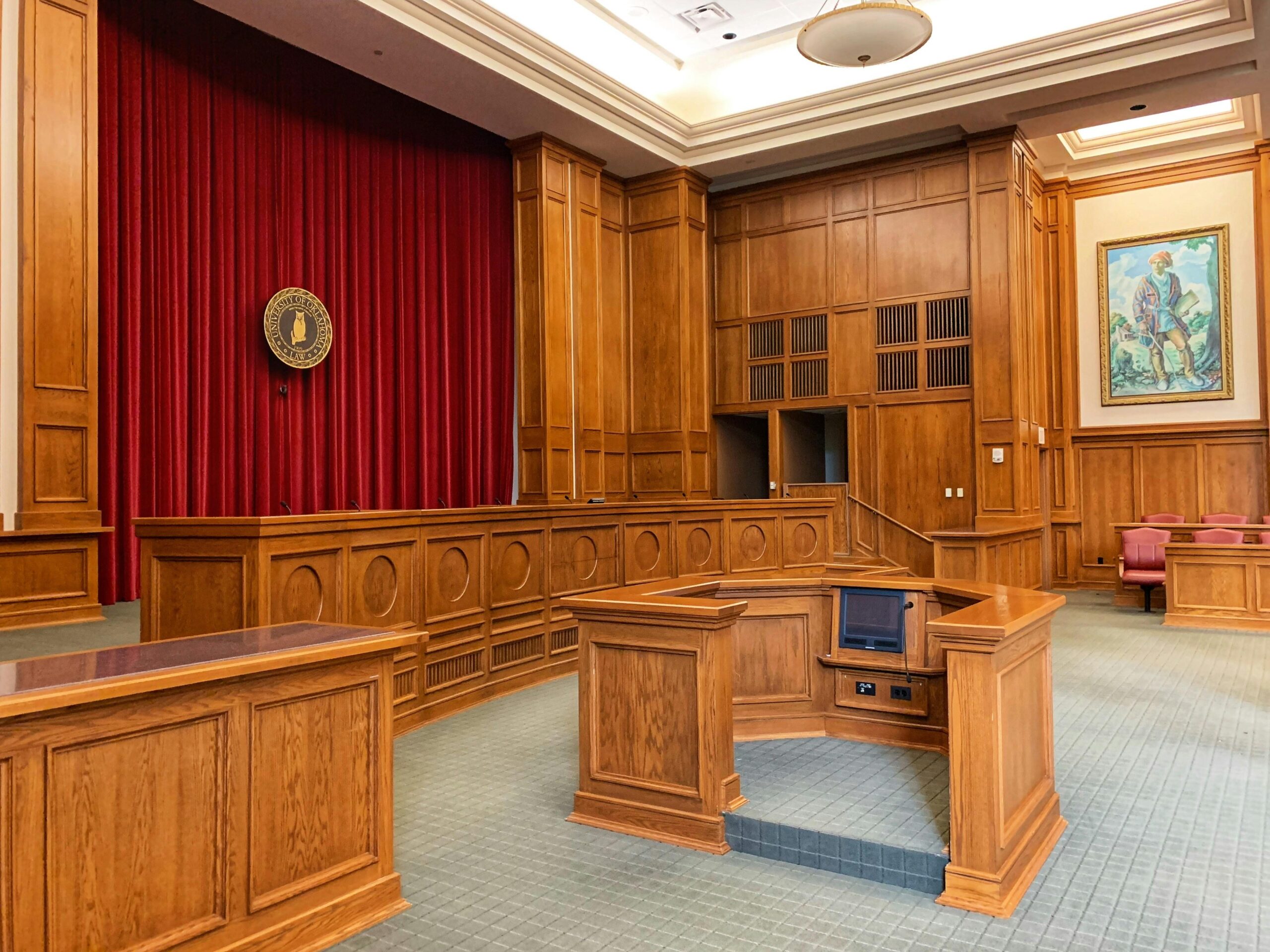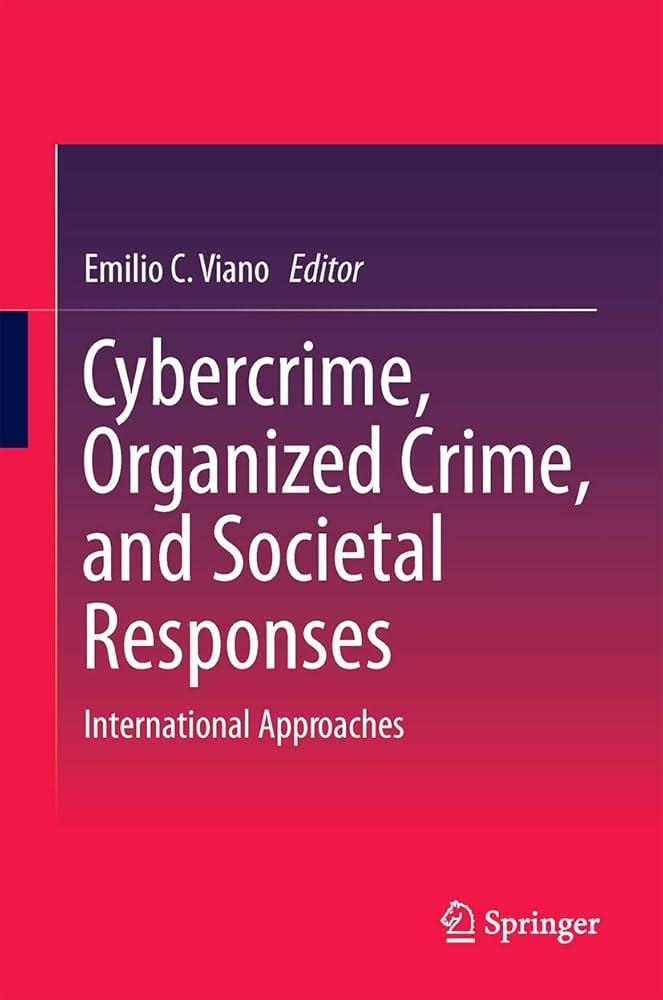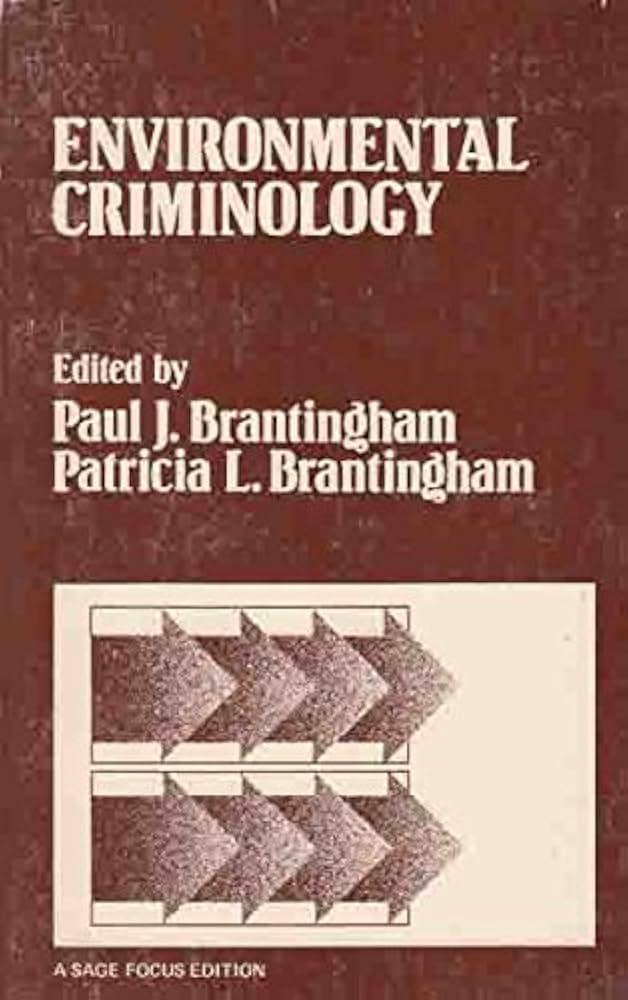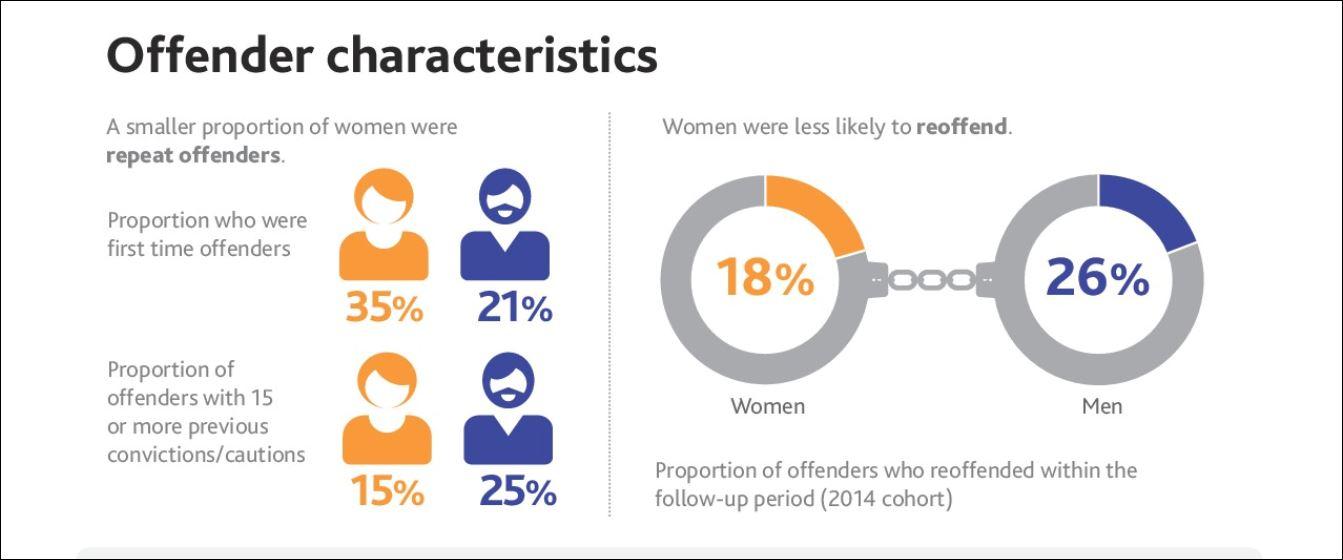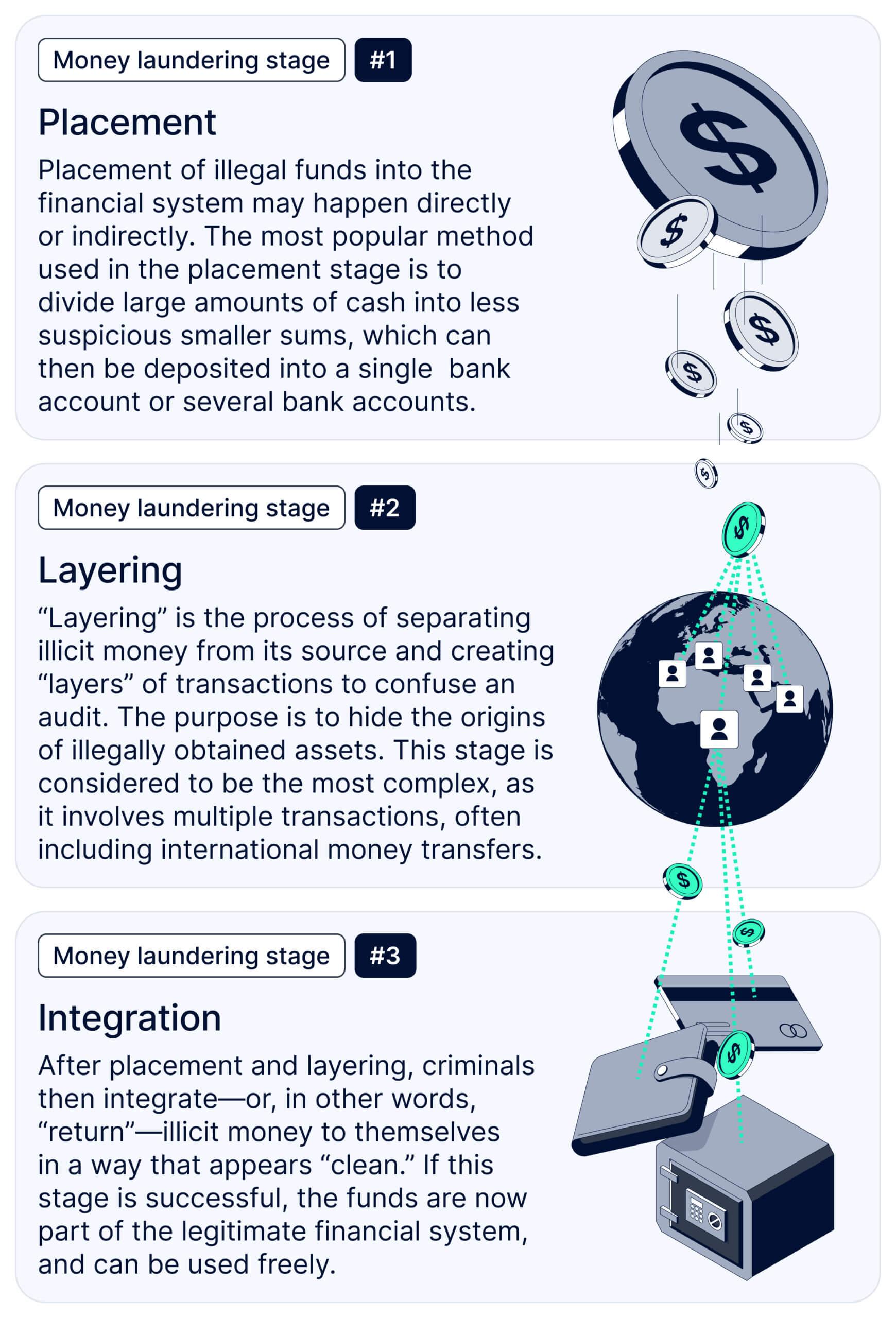Ever wondered what really goes down inside a criminal trial? Beyond the dramatic courtroom scenes we see on TV shows and movies, the reality is a complex dance of rules, procedures, and human decisions. If you’re curious about how justice is served (or sometimes tangled up), this article will take you on a behind-the-scenes journey of a criminal trial—from the moment the charges are read to the final verdict. So, buckle up and get ready to uncover the fascinating, often surprising world that unfolds when the gavel comes down!
Table of Contents
- What Goes On Behind Closed Doors in the Courtroom
- Unexpected Moments That Can Change the Course of a Trial
- How Juries Navigate the Maze of Evidence and Emotion
- Tips for Staying Calm and Informed if You Ever Find Yourself in Court
- Final Thoughts
What Goes On Behind Closed Doors in the Courtroom
Beyond the drama that unfolds in the public eye, a criminal trial is a meticulously structured dance of legal protocols and human psychology. Behind the closed doors of the courtroom, attorneys engage in a strategic exchange—not just arguing facts but carefully reading every gesture and word from witnesses and jurors alike. Witness testimonies are dissected in real-time, with lawyers seeking to expose inconsistencies or elicit emotional responses that might sway the outcome. Meanwhile, judges quietly observe, applying the law with an impartial hand yet occasionally offering subtle clarifications that guide the proceedings forward without overshadowing the jury’s role.
What many don’t see is the complex web of negotiations and decisions happening during breaks or recesses—between attorneys, their clients, and sometimes even with the prosecutors. These confidential moments can include:
- Last-minute plea bargain discussions
- Strategic adjustments based on juror reactions
- Review and refocus of defense or prosecution tactics
- Silent exchanges of non-verbal cues across the courtroom
It’s a world layered with tension and precision, where every detail counts and the fate of lives often hinges on a single question or a carefully chosen word.
Unexpected Moments That Can Change the Course of a Trial
In the midst of carefully prepared arguments and rigid courtroom procedures, it’s often the unforeseen moments that leave the biggest mark. Witnesses might deliver unexpected testimony that flips the narrative, or a sudden piece of overlooked evidence comes to light at just the right—or wrong—time. Sometimes, technical glitches or a simple human error can prompt a recess, delaying proceedings and forcing all parties to rethink their approach. These spontaneous developments inject a level of unpredictability that no courtroom drama script could replicate, reminding everyone that trials aren’t just about known facts but what surfaces in real-time.
Several surprising factors can swiftly alter a trial’s trajectory:
- A witness suddenly changing their story, sometimes due to pressure or a moment of clarity.
- New evidence being introduced late in the game, challenging the entire defense or prosecution strategy.
- The judge’s unexpected rulings, which may exclude key evidence or call into question legal procedures.
- An emotional outburst or behavior by someone in the courtroom, affecting jurors’ perceptions.
Each of these elements adds a layer of human drama that reveals the raw and unpredictable nature of justice in action.
How Juries Navigate the Maze of Evidence and Emotion
Behind the closed doors of a courtroom, jurors engage in a delicate dance, balancing cold facts with the raw emotions stirred by testimony and evidence. The complexity lies not just in understanding legal jargon or assessing witness credibility but in managing their own biases and emotional responses. Every piece of evidence—whether a chilling forensic report or a tearful victim’s statement—has a unique weight that can tip the scales in subtle ways. Jurors often find themselves grappling with questions like:
- Does this piece of evidence resonate logically, or is it merely emotionally stirring?
- How do I separate the defendant’s demeanor from the factual truth?
- Am I giving enough space to testimony that challenges my initial instincts?
What happens next is an intricate negotiation within the group, where personal perspectives clash and merge, creating a collective lens. They parse out inconsistencies, debate the motive behind each act, and weigh the credibility of every voice. Their journey navigates between detailed scrutiny of evidence and the undeniable human element—empathy, doubt, and moral reflection. This crucible of deliberation is where the verdict is born, an outcome shaped as much by cold reason as by the deeply human process of understanding a complex story.
Tips for Staying Calm and Informed if You Ever Find Yourself in Court
When thrust into the intimidating environment of a courtroom, keeping your composure can feel like a monumental task. Start by grounding yourself in the facts: understand the basic structure of the trial and your role, whether you’re a witness, defendant, or spectator. Drawing a deep breath and focusing on the present moment—rather than the what-ifs—helps create mental space for clarity. Remember, trials move at their own pace, and patience is your ally. Carry a small notebook to jot down key points or questions; this act of engagement transforms passive anxiety into active participation, giving you a sense of control amid the formality.
- Dress appropriately: Respectful, neat attire helps maintain a calm mindset and signals seriousness.
- Listen intently: Understanding every word can prevent misunderstandings and reduce surprises.
- Ask for clarification: If a legal term or procedure confuses you, don’t hesitate to seek a clear explanation from your lawyer or court staff.
- Practice breathing techniques: Simple exercises like inhaling slowly for four counts and exhaling for four can soothe nerves quickly.
Staying well-informed is just as crucial as staying calm. Before entering the courtroom, familiarize yourself with the case details and the procedural flow to demystify what’s happening around you. Take advantage of resources—legal websites, court tour programs, or briefing sessions—that shed light on courtroom etiquette and trial stages. When you arm yourself with knowledge, the courtroom transforms from a maze of unfamiliar rituals into a place where reason and truth seek to unfold. This blend of preparedness and mindfulness turns the intimidating into the understandable, helping your presence in court feel less like a trial and more like participation in a pivotal human story.
Final Thoughts
As we wrap up this curious journey through the twists and turns of a criminal trial, it’s clear that there’s much more beneath the surface than the dramatic scenes we see on TV. From the careful selection of jurors to the strategic dance of objections and evidence, every step plays a crucial role in the pursuit of justice. So next time you catch a courtroom drama, remember – behind the scenes is a complex world where truth, strategy, and sometimes even unexpected surprises collide. Keep asking questions, stay curious, and who knows what other fascinating truths you might uncover next!


